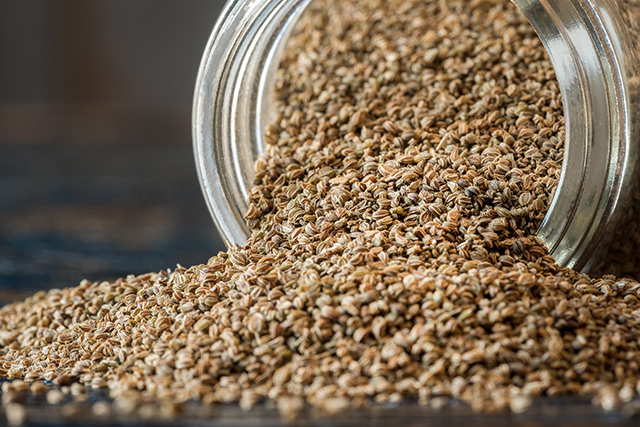Keeping an aging brain sharp and avoiding late-life depression may involve certain diets and nutrients
01/18/2019 / By Ellaine Castillo

Aging is a very scary part of life since it is associated with an increased risk of health problems like mild cognitive impairment, dementia, Alzheimer’s, and depression. Although aging is inevitable, there are many ways you can make the experience better. According to a recent study conducted by researchers from Ulster University in Northern Ireland, following the Mediterranean diet and increasing the intake of certain nutrients can prevent or delay age-related cognitive decline and depression.
Cognitive and mental health problems are some of the most prevalent issues in the world. As a person ages, their risk of developing these diseases increases due to changes in brain volume, neuron and synaptic loss, dysfunction of the blood-brain barrier, and the formation of amyloid plaques. Moreover, the elderly often exhibit low levels of neurotransmitters, especially serotonin and dopamine.
In this study from the Proceedings of the Nutrition Society, the researchers reviewed existing studies to evaluate the relationship between diet and brain health. They found that most research agrees that the Mediterranean diet, which is characterized by a high intake of fruit, vegetables, whole grains, fish, unsaturated fatty acids and moderate consumption of alcohol, is effective in protecting against age-related cognitive decline and depression. Moreover, incorporating olive oil or nuts to this diet led to better cognitive function. (Related: Another reason to go Mediterranean: Research shows the diet helps protect older adults from becoming frail, prolonging health and independence.)
Currently, there are more than 46.8 million people suffering from dementia. This number is projected to rise in the coming years. It is estimated that by 2050, over 131 million people will be affected by dementia.
Specific nutrients and their role in maintaining brain health
The second part of this study focused on how specific nutrients affect brain health.
- Proteins — People who had lower dietary protein intake suffered from poor verbal memory. On the contrary, those who ate more protein had better non-verbal learning skills and verbal memory. They also experienced a reduced risk of mild cognitive impairment and dementia.
- Carbohydrates — Existing studies on the effects of carbohydrates on brain health have inconsistent results. Some studies show that high carbohydrate intake increases the risk of mild cognitive impairment, dementia, and depression, while there are also studies saying that eating fewer carbs increases depression risk.
- Omega-3 fatty acids — Studies have shown that omega-3 fatty acids, which are often found as eicosapentaenoic acid (EPA) and docosahexaenoic acid (DHA), have a protective effect on different cognitive domains of the brain. It was also found that EPA is more effective in treating depression.
- Polyphenols — Although there are limited studies regarding the effects of polyphenols on depression in human, current animal studies show that these compounds have promising antidepressant-like effects. Moreover, polyphenol supplementation has been shown to improve cognitive function.
- Vitamins — Many vitamins have shown potent antioxidant properties that prevent oxidative stress from contributing to cognitive decline and depression. Vitamin D, specifically, is important for preventing Alzheimer’s since patients who suffer from this disease exhibit low serum vitamin D levels.
Overall, the findings of this review article show just how important diet and nutrition are to preventing age-related cognitive and mental health problems.
Read more news articles about the importance of proper diet and nutrition by visiting Nutrients.news.
Sources include:
Tagged Under: Brain, brain aging, brain health, cognitive decline, cognitive function, cognitive health, goodnutrition, Mediterranean diet, Mind, nutrients, omega-3 fatty acids, polyphenols, Proteins, vitamins


















